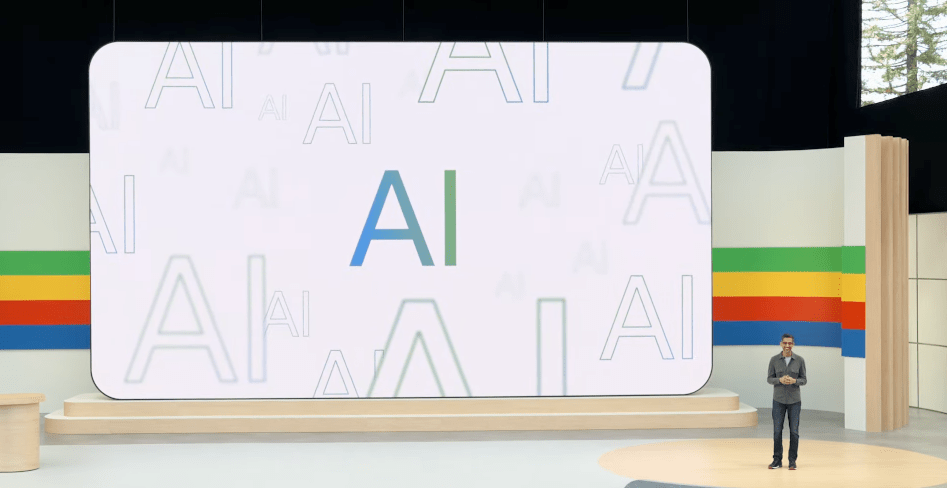In a significant move, the Independent Publishers Alliance has filed an antitrust complaint against Google with the European Commission, centering on the company’s AI Overviews integrated into its search functionality. As reported by Reuters, the coalition of publishers is alleging that Google is “misusing web content” for its AI-generated summaries, which they argue have led to considerable detriment for publishers, particularly in terms of traffic and revenue losses.
Background on Google’s AI Overviews
Google first introduced AI-generated summaries in search results over a year ago, a feature designed to provide users with quick, synthesized information from various web sources. While the intent behind these Overviews was to enhance user experience by allowing for faster information consumption, the consequences for content creators have been profound. According to the complaint, publishers lack the option to opt out of having their content utilized in these AI summaries unless they remove themselves entirely from Google’s search results, a move that many fear would be catastrophic for their visibility and readership.
Furthermore, the complaint underscores that news publishers have particularly suffered from decreased traffic. Reports from industry observers indicate that Google’s AI Overviews might be responsible for a significant decline in traffic to publishers’ websites. For instance, a detailed analysis highlighted that certain news outlets experienced as much as a 20% drop in traffic after the implementation of these Overviews TechCrunch. This raises serious questions about the sustainability of independent journalism in an increasingly digital landscape where large tech companies wield significant influence.
Google’s Response and Industry Implications
In response to the antitrust claim, Google has defended its AI Overviews, asserting that the new experiences enabled by AI in search are creating new opportunities for businesses and content to gain visibility. They argue that any claims related to declining web traffic are often based on incomplete data and insist that various factors can influence the traffic fluctuations experienced by websites, not solely the presence of AI Overviews TechCrunch.
This defense highlights a broader trend in how tech companies are navigating the complexities of content monetization and the ethical implications of utilizing copyrighted material without the consent of its creators. The issue at hand reflects a larger conversation about the responsibility of large platforms like Google to the content creators who fuel their services.
Market and Community Reactions
The complaint has sparked significant debate among industry stakeholders, including publishers, tech companies, and consumer advocacy groups. Many within the publishing industry have rallied around the complaint, arguing that Google’s control over search and the dissemination of information is detrimental to smaller publishers struggling to maintain their presence in the digital space. As more publishers consider taking legal action, the ramifications of this complaint could set a precedent regarding how AI technologies interact with intellectual property rights.
Furthermore, the implications of this case could resonate beyond the immediate parties involved. As AI technology becomes more prevalent in various sectors, the outcomes of such antitrust complaints may influence not just search engines but also other platforms that rely on content aggregation. There is a growing concern that if tech giants are not held accountable, the very fabric of diverse media could be jeopardized, leading to a homogenized landscape of information.
Future Outlook
As the European Commission reviews the complaint, the situation remains fluid. Should the Independent Publishers Alliance’s claims lead to regulatory changes, it could affect not just Google’s practices but prompt similar scrutiny towards other tech platforms. This could necessitate a re-evaluation of how AI-generated content is created and shared, as well as how it affects the economics of content creation.
In summary, the ongoing tension between tech giants like Google and content publishers raises essential questions about sustainability and fairness in the digital age. As the situation develops, both parties are likely to face mounting pressure to find a resolution that protects the interests of publishers while allowing for innovation in technology.

